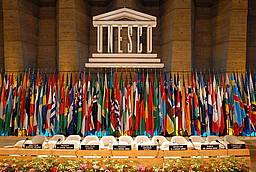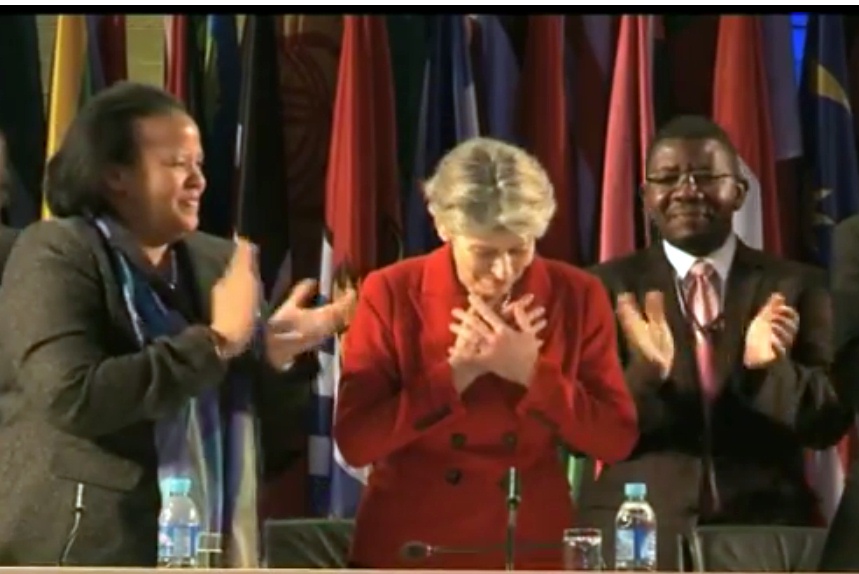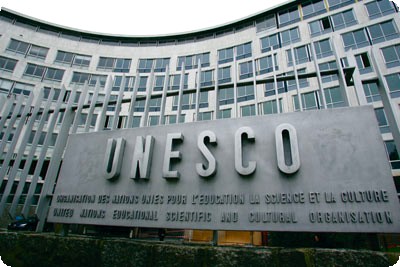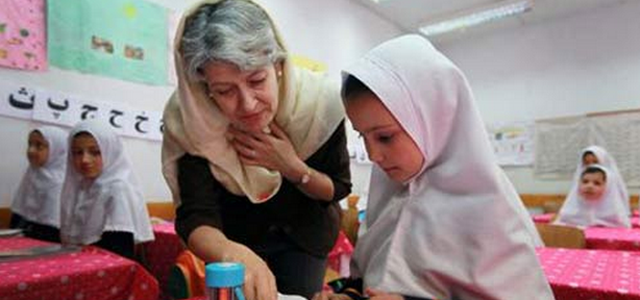UNESCO’s General Conference is taking place now, and is to continue through November 16th. It is scheduled to elect the UNESCO Director General for the next four years on Tuesday, November 12th. Since Director General Irina Bokova was endorsed for the position by the Executive Board, there is little doubt as to the outcome.
The General Conference meets only every other year, and this year will be dealing with the problems caused by the United States withholding its contributions from the Organization. During the 2011 General Conference, Palestine was elected to membership in UNESCO. Due to a two-decade old provision of U.S. law, the United States then began to withhold all its contributions to UNESCO. Since those contributions represented 22 percent of the regular budget, a financial crisis ensued in the Organization.
According to the UNESCO Constitution, a member state that is two years in arrears on its assessed contributions loses its vote. Even were the law to be changed today, the President would have to sign a waiver, the funds would have to be transferred to the State Department, and then transferred again to UNESCO in Paris. It is too late.
Thus now the United States is without vote in the General Conference. Moreover, Crystal Nix-Hines, nominated as the new U.S. Ambassador to UNESCO in July, has not yet been confirmed by the Senate. Consequently, the United States continues to be represented in the General Conference by David Killion who has served as the Permanent Representative to UNESCO since 2009.

Two recent editorials have called for a change in the law that would allow the President to waive the provision calling for withholding funds. The more important of the two was written by Esther Brimmer and published in the Washington Post on November 3rd. Professor Brimmer was assistant secretary of state for international organization affairs from 2009 to 2013. In that post she was responsible for UNESCO as well as the United Nations itself and the other UN family organizations. The editorial is important both because of her foreign affairs credentials and the key role of the Washington Post as the home town paper of the U.S. Congress.
She writes:
Our decades-old laws may have been an effort to stand with Israel, but Israel will be hurt by the U.S. absence at UNESCO…….Nor is this issue limited to UNESCO. This week it is UNESCO, but our two outdated laws could undermine U.S. participation in other U.N. bodies……..These laws were written in a different era. The legislation should be revised to provide a national-interest waiver and ensure that U.S. foreign policy is made in Washington, not in Ramallah, nor by our adversaries.

The second piece was published in the Guardian by Nigel Cameron on October 27th. Dr. Cameron is a Managing Director at the Washington, D.C. Center for Policy on Emerging Technologies. He notes that UNESCO has stood with the United States on issues such as Internet Freedom, and has partnered with U.S. firms such as including Pepsico, Procter & Gamble, Cisco, Google, and Microsoft. He concludes:
The current US administration is reported to have sought a waiver from Congress that would make good on our dues……Let’s hope America can not only avoid the potential humiliation of being labeled a deadbeat, and even more importantly, that the US will renew its commitment to international cooperation in the defense of peace.
These efforts come too late to give the U.S. delegation to the UNESCO General Conference full voice and vote, but they may help convince the Congress to change the law and enable the United States to return to full dues-paying membership in UNESCO.






The USA has lost its voting rights at UNESCO http://j.mp/HGUn51
Unesco:les US perdent leur droit de vote http://j.mp/1axGsVa
Irina Bokova regrets loss of US voting rights | UNESCO http://j.mp/19OWZbk
National security adviser Susan Rice urged Congress to help U.S. regain UNESCO vote – The Washington Post http://j.mp/1eCexLB
National security adviser Susan Rice urged Congress to help U.S. regain UNESCO vote – The Washington Post http://j.mp/1eCexLB
Statement by Samantha Power, U.S. Permanent Representative to the United Nations, on the Loss of U.S. Vote at UNESCO http://j.mp/1aPxRgR
State Department Press Release: Loss of U.S. Vote at UNESCO http://j.mp/1bBiidD